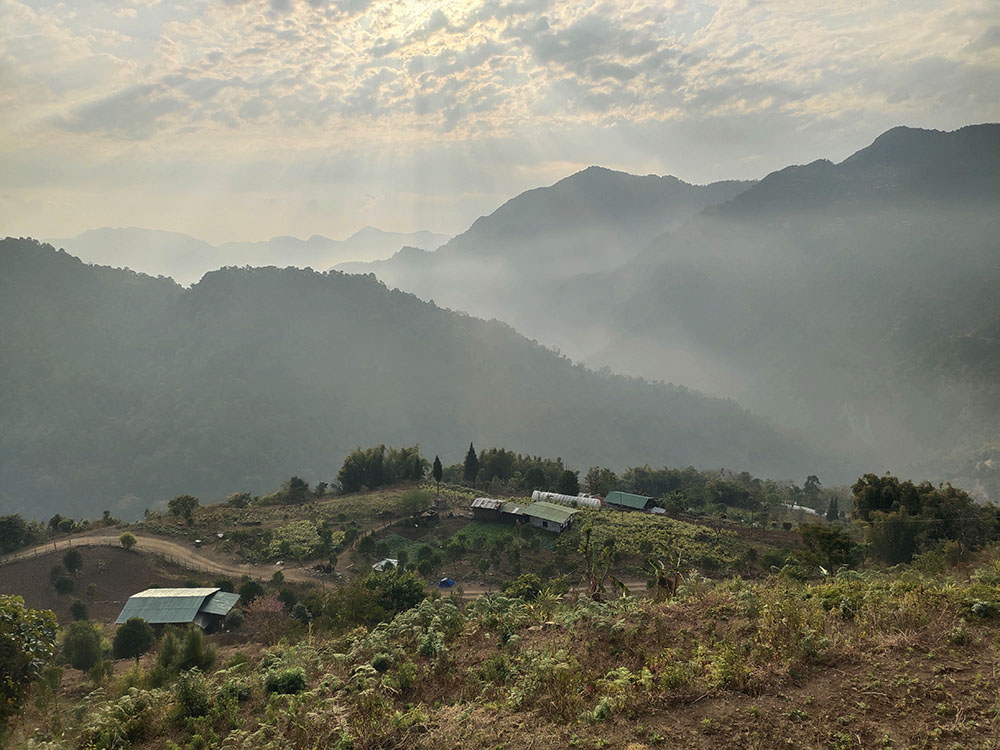Lhakpa Quendren
Tsirang—In 2008, 64-year-old Pema Euden relocated to a remote southern area of Tsirang without knowing what awaited her.
After her brother cleared the bushes on their five-acre land under the resettlement scheme, she moved alone from Tsakaling in Mongar, taking her bedding and pots.
“I walked for two days from the road point of the gewog center. I stayed in Thimphu for a month out of fear. We lived in a tent for about three years until the completion of the one-storey traditional house,” she said.
Today, this remote village under Patsaling gewog is home to a tight-knit Tsakalingpa community, all relatives. The village is made up of about 45 people with 22 households, of which 10 houses remain empty.
They call their village by the same name, Tsakaling, and speak in their native language—Chocha-Ngacha.
Some of the elders have never met their relatives and siblings, while others make a point to meet in Thimphu. Phones and social media platforms like WeChat help them stay connected.
They are happy that following the resettlement, their new village received electricity, drinking water, and a farm road. However, these amenities have had little impact on their livelihoods and have not benefited them in transforming their living standards.
“Before we resettled here, the farmers who lived here had cultivated paddy. However, the water that irrigated the terraces has been diverted due to the cut in their channel,” said Pema Euden. “I have planted cardamom on a small plot of land, but unlike in the past, we observe fog that affects the yields.”
With challenges concerning human-wildlife conflict, a poor farm road, and a lack of basic infrastructure development activities, the residents say their village is the most neglected in development plans. These challenges have stymied the farmers from taking up commercial vegetable farming.
The only hope they see for economic benefits lies in the upcoming major development project for Sarpang, due to their proximity to the area. Tsakaling shares a border with Singye Gewog of Sarpang, which is planned for the Gelephu Mindfulness City.
The residents now plan to revive their mandarin business, which was abandoned due to the presence of bears, monkeys, and elephants.
They grow citrus trees on their lands surrounded by thick forests along the river below their village.
“Most of the trees have already dried, while others are drying. Now, I have to replace them to reap the benefits,” said 40-year-old Tashi Wangmo, who owns around 100 citrus trees on 78-decimal land.


